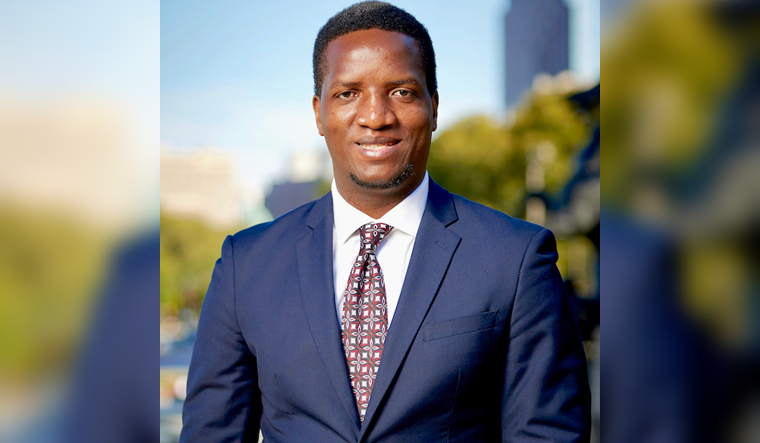Clean, renewable energy has been a hot topic for some time now. But with the onset of rapidly deteriorating weather conditions around the globe, it has become imperative to accelerate the rate of transformational change needed. What's required to be done today is that the world should collectively and collaboratively make changes to how we produce, distribute, and use energy. With the risk of the world running out of old energy sources, and the resultant rise in energy prices, it is high time that concrete steps are taken in the right direction. Fossil fuels reserves are rapidly depleting resources, and renewable energy sources seem to be the safest bet for a more sustainable planet. But it's not just simply adopting new and cleaner energy sources that will make for a better future; finding new ways of thinking about efficiently and intelligently using the energy is the need of the hour.
More needs to be invested in understanding and eventually implementing a smarter, more evolved grid than what we have now. Even the more advanced energy grid like the U.S power grid needs to be looked at and completely overhauled to make a better and permanent change for the future. Admittedly, renewable energy and investment implementation are rising worldwide, even in developing nations. Renewable and clean energy costs were exorbitant not too long ago, but through research and development (R&D), technology innovation, including advanced battery development, is becoming easily accessible to almost all corners of the globe. But the biggest hurdle isn't accessibility or lack of it; it is the correct implementation of clean and renewable energy projects. At this time, with the detractors of clean, renewable energy trying their best to prove its implementation as a mistake, any misstep can add more fuel to the flame. And this can cost the world time that it doesn't have. As for the question of clean, renewable energy being the source fulfilling all the world's energy needs, well, it is safe to say that the answer is a resounding yes.
Even countries utterly dependent on oil can shortly move to a 100% renewable energy system. But only clean energy resource implementation isn't the complete answer. There is a need to start thinking about distributing this new source. It is now imperative to implement new thinking on distributing energy so that the transition can go smoother. Upgrading energy distribution planning can only come about with more sustainable energy technology research investment. What's needed are visionaries and thought leaders that offer a fresh way to rethink and reconfigure how the grid works and bring innovation to every aspect of the energy sector.
A member of the Harvard Business Review Advisory Council, Dr. Joe Nyangon is a visionary who understands the importance and implications of emerging artificial intelligence (AI) and machine learning (ML) technologies to support the evolving energy landscape. An author and engineer, a scientist, a global energy economist, and a true expert in clean energy innovation, Dr. Joe Nyangon is affiliated with an American multinational developer of analytics software, SAS Institute. SAS Institute leads the way in inspiring and empowering their customers globally through innovative services and software to convert data into actual intelligence. Prior to joining SAS, Dr. Nyangon was a postdoctoral research scholar, working on energy economics and engineering systems at the University of Delaware. In this role, he led a number of research projects funded by the U.S. Department of Energy (DOE) through the National Science Foundation (NSF) as well as the Delaware General Assembly, focusing on the trends shaping electric power systems, including the rapid growth of distributed energy resources (DERs) like solar photovoltaics, electricity economics including incentives such as renewable portfolio standards (RPS), net energy metering as well as proactive regulatory reforms that are accelerating innovations in the energy sector. These studies also analyzed the effectiveness of policy implementation at the federal and state levels regarding electricity transformation. Being a visionary, Dr. Nyangon’s cutting-edge research contributions have essentially changed the way we look at clean energy and inspired innovations, making electricity system planning, distributed energy resource implementation, and management insightful. Another aspect of his expertise is related to energy and engineering systems economics. Energy economics investigates energy sources' utilization and how this utilization affects the world.
With determination and perseverance, Dr. Nyangon has investigated and explored all aspects of the energy sector—electricity generation, transmission, and distribution. His expertise is vast and dynamic, from contemporary energy sources to implementing newer, cleaner sources and how this process can help our world. There is a dire need for power utilities to understand how to navigate the challenges posed by decarbonization, decentralization, and digital transformation of electricity systems. Additionally, Dr. Nyangon has paved the way for future scientists to design practical innovations and enable future policymakers to expedite further changes that need to be made to reach the common goal of a safer world.




